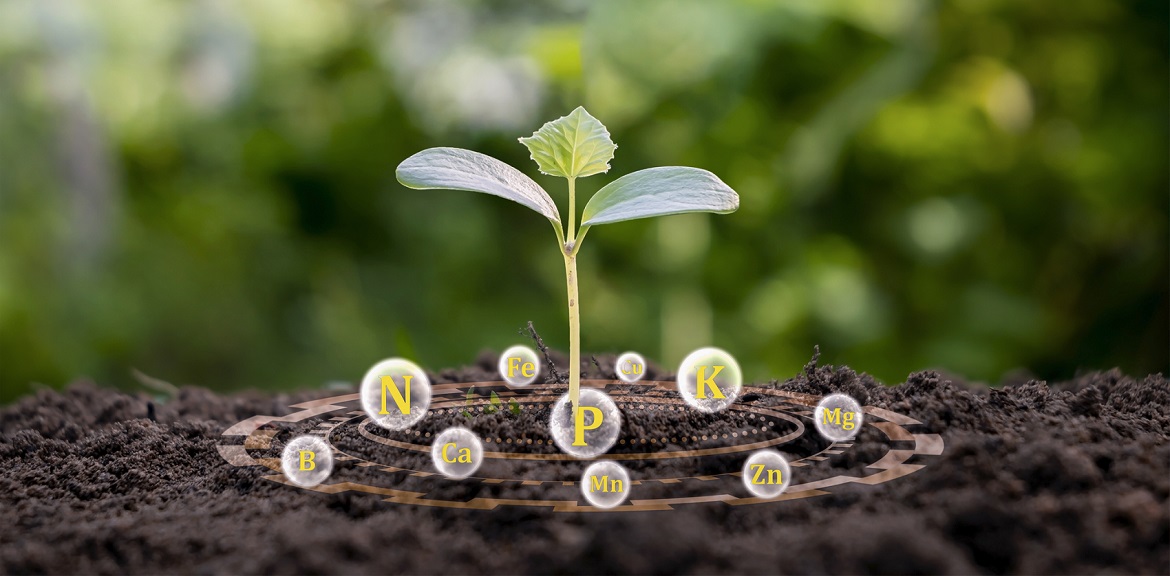Plant nutrition is essential for healthy growth and development. Just like humans, plants require a balanced diet of essential nutrients to thrive. These nutrients are absorbed from the soil or growing medium through the plant’s roots.
Essential Plant Nutrients
- Macronutrients:
- Nitrogen (N): Promotes leaf growth and green color.
- Phosphorus (P): Enhances root development, flower production, and seed formation.
- Potassium (K): Strengthens stems, improves disease resistance, and regulates water balance.
- Micronutrients:
- Calcium (Ca): Essential for cell wall structure and growth.
- Magnesium (Mg): Involved in photosynthesis and chlorophyll production.
- Sulfur (S): A component of proteins and enzymes.
- Iron (Fe): Essential for chlorophyll production.
- Boron (B): Involved in cell wall development and pollen tube growth.
- Manganese (Mn): Activates enzymes involved in photosynthesis and respiration.
- Zinc (Zn): Essential for enzyme function and plant growth.
- Copper (Cu): Involved in photosynthesis and respiration.
- Molybdenum (Mo): Essential for nitrogen fixation.
- Chlorine (Cl): Involved in photosynthesis and water balance.
How Plants Absorb Nutrients
Plants absorb nutrients through their roots in a solution form. The roots take up water and minerals from the soil, and these nutrients are transported to the plant’s leaves and other parts. The process of nutrient uptake is influenced by factors such as soil pH, temperature, and the availability of oxygen.
Fertilizing Your Plants
Fertilizers provide additional nutrients to plants, especially when soil nutrients are depleted. There are two main types of fertilizers:
- Organic Fertilizers: Derived from natural sources like compost, manure, and bone meal. They release nutrients slowly and improve soil structure.
- Synthetic Fertilizers: Chemically produced fertilizers that provide specific nutrients in a concentrated form. They can be fast-acting or slow-release.
When fertilizing your plants, it’s important to choose the right type of fertilizer and apply it at the appropriate rate. Over-fertilization can harm plants, so it’s best to follow the instructions on the fertilizer label.
By understanding the essential nutrients and fertilization techniques, you can ensure that your plants receive the nourishment they need to thrive.



